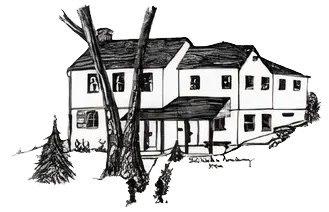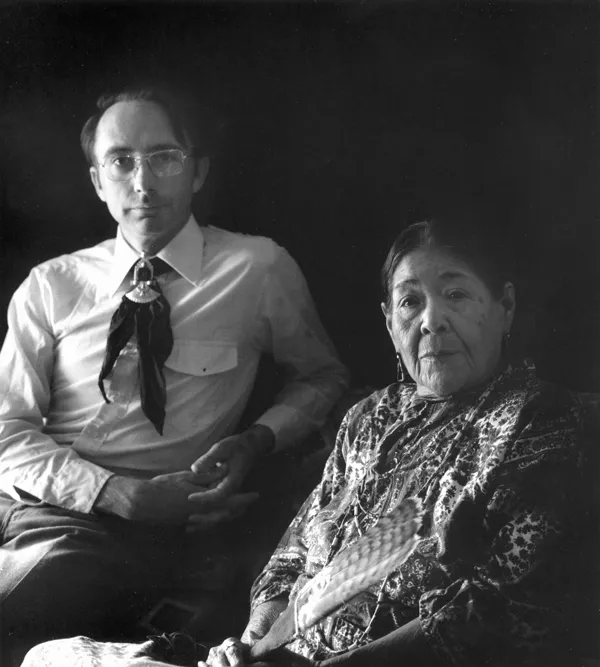Stillwater’s Earliest Women
Women were the spiritual leaders of the tribe whose special powers gave them authority to oversee rituals and ceremonies. They were the healers and medical experts who grew medicinal herbs and administered to the sick. To the astonishment of the colonial settlers who entered into conflicts over land use, Lenape women also served as the official diplomats who negotiated land deals with the white man and who brokered peace agreements with adversarial tribes.
Women were responsible for agriculture and for the preparation and distribution of food. European visitors were impressed by the delicacy and refinement of the meals that they served. They were the artist-potters who made the vessels in which foods were served, the tailors who created clothing out of deer hides, utilizing every bone and body part for a practical purpose.
Lenape men were also highly respected for their contribution. They were the hunters who fed the people and the warriors who protected the tribe and their hunting grounds from outsiders. Men would clear the land so that the women could plant and help out with farming duties during harvest time and other seasons. Male leaders were called “sachem”, but the women had the role of “chief makers” who would decide which men should take on these roles.
The Lenape people left New Jersey around 1758 and were gradually pushed further and further west by European immigrants encroaching upon their land and hunting grounds. Today most of their descendants live in communities in Oklahoma and in Ontario.
“Touching Leaves Woman”, Nora Dean Thompson (1907-1984) was a full-blooded Lenape woman whose ancestors migrated from the Delaware Valley region to Oklahoma in the 1700’s. She dedicated the second half of her life to passing on Lenape language, knowledge and culture to the younger generation. Among her many gifts is the book “Lenape Indian Cooking”.
Jim Rementer is the Director of the Lenape Language Projector in Oklahoma. Rementer’s interest in the Lenape people began in the 1950’s when he attended Camp Lenape on Fairview Lake in Stillwater, NJ. As a child he met two camp counselors of Lenape ancestry, the Douglass brothers, who sparked his fascination for the history and culture of this ancient people who had lost their homeland. After many years of service to the Lenape, Rementer was adopted into the tribe, a rare honor for non-Lenape people.
At the time of the mass exodus in the 1700’s, some of the Lenape people remained in their ancestral homeland of Lenapehoking in New Jersey and stayed in the northeastern part of the State near the Ramapough Mountains. The Ramapough Lunaape Nation Turtle Clan is one of several clans who continue to educate their children in the culture of their people, holding ceremonies and rituals throughout the year. Chief Vincent Mann and Clan Mother Michaeline Picaro are founders of the Three Sisters Medicinal Farm located outside of Newton, NJ on Route 206 South.



